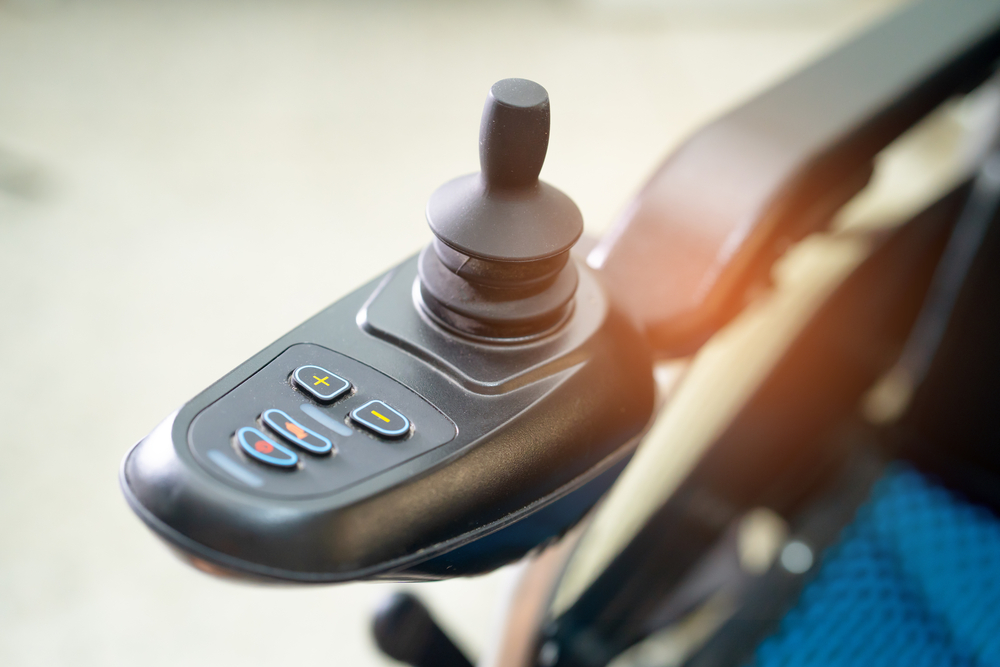

When it comes to choosing mobility aids, the decision between a mobility scooter and an electric wheelchair can be a difficult one. Both offer assistance to individuals with mobility limitations, but they have key differences that may make one more suitable than the other depending on the individual’s needs. In this article, we will explore the differences between a mobility scooter and an electric wheelchair to help you make an informed decision.
Mobility Scooter vs. Electric Wheelchair
Mobility scooters and electric wheelchairs are both battery-powered mobility aids that provide individuals with the ability to move around independently. However, there are distinct differences between the two that can impact their usability and functionality.
1. Design and Features
One of the main differences between a mobility scooter and an electric wheelchair lies in their design and features. Mobility scooters are typically designed with a seat that is attached to a platform with handles and controls for steering. They are more suited for outdoor use and often have larger wheels for navigating rough terrain.
On the other hand, electric wheelchairs are designed with a seat that is integrated into the wheelchair frame, with a joystick or control panel for steering. They are more compact and maneuverable, making them suitable for indoor use and tight spaces. Electric wheelchairs also offer different seating options such as tilt-in-space or reclining seats for added comfort.
2. Maneuverability and Accessibility
Mobility scooters and electric wheelchairs differ in terms of maneuverability and accessibility. Mobility scooters have a larger turning radius compared to electric wheelchairs, which can make it more challenging to navigate through narrow spaces and doorways. They are better suited for outdoor use where there is more open space to maneuver.
Electric wheelchairs, on the other hand, are designed for optimal maneuverability, with the ability to turn on a dime and navigate through tight spaces with ease. This makes them more suitable for indoor use, such as in a home or office setting, where accessibility is a key factor.
3. Weight Capacity and Stability
Another key difference between mobility scooters and electric wheelchairs is their weight capacity and stability. Mobility scooters typically have a higher weight capacity than electric wheelchairs, making them suitable for individuals who require extra support or have mobility limitations.
Electric wheelchairs are designed for individuals who need more stability and support, with features such as power tilt and recline options for added comfort. They have a lower weight capacity compared to mobility scooters, but offer more advanced support features for individuals with specific mobility needs.
4. Portability and Storage
When it comes to portability and storage, mobility scooters and electric wheelchairs differ in terms of size and weight. Mobility scooters tend to be larger and heavier than electric wheelchairs, which can make them more challenging to transport and store in a car or on public transportation.
Electric wheelchairs are more compact and lightweight, making them easier to transport and store when not in use. Some electric wheelchairs also offer the option to fold or disassemble for easier transportation, making them a more portable choice for individuals who are constantly on the go.
5. Cost and Insurance Coverage
The cost and insurance coverage for mobility scooters and electric wheelchairs can vary depending on the model and features. Mobility scooters are generally more affordable than electric wheelchairs, with basic models starting at a lower price point. However, more advanced models with additional features such as suspension or higher weight capacity can be more expensive.
Electric wheelchairs are typically more expensive than mobility scooters due to their advanced features and customization options. Insurance coverage for mobility aids such as scooters and wheelchairs may vary depending on the individual’s insurance provider and coverage plan. It is important to check with your insurance provider to see what options are available for coverage.
Summary
Mobility scooters and electric wheelchairs each have their own unique features and benefits that cater to different individuals with mobility limitations. When choosing between the two, it is important to consider factors such as design, maneuverability, weight capacity, portability, and cost to determine which option is best suited for your specific needs and lifestyle.
Whether you opt for a mobility scooter or an electric wheelchair, both can provide individuals with the freedom and independence to move around comfortably and confidently. By understanding the differences between the two, you can make an informed decision that will help you maintain your mobility and quality of life.
Need Home Medical Equipment In Binghamton, NY?
Penn York Medical is a local healthcare medical equipment shop located in Binghamton, New York since 1957. For over 44 years, we have been selling a wide selection of healthcare products, along with installing and repairing our equipment to ensure you’re always getting the best. We offer walkers, wheelchairs, hospital beds, vehicle mobility assistants, scooters, stairway lifts, motorized wheelchairs, lift chairs, and much more! Call us today and let us find an affordable solution for your home medical needs.
